Opinion: From Coleman Young to Big Gretch: Exploring Detroit hip-hop's political evolution
- Oops!Something went wrong.Please try again later.
- Oops!Something went wrong.Please try again later.
- Oops!Something went wrong.Please try again later.
- Oops!Something went wrong.Please try again later.
On Aug. 11, 1973, an 18-year-old aspiring DJ named Clive Campbell — better known as DJ Kool Herc — hosted a party in his hometown of Bronx, NY.
Kool Herc wanted to raise a little extra cash so his sister could get new clothes before school started. But instead of playing a song followed by another song, he mixed the instrumental break of each song (known as the "break beat") into a continuous loop. By all accounts, using the break beat to create a song all its own gave birth to a new musical and cultural art form: hip-hop.
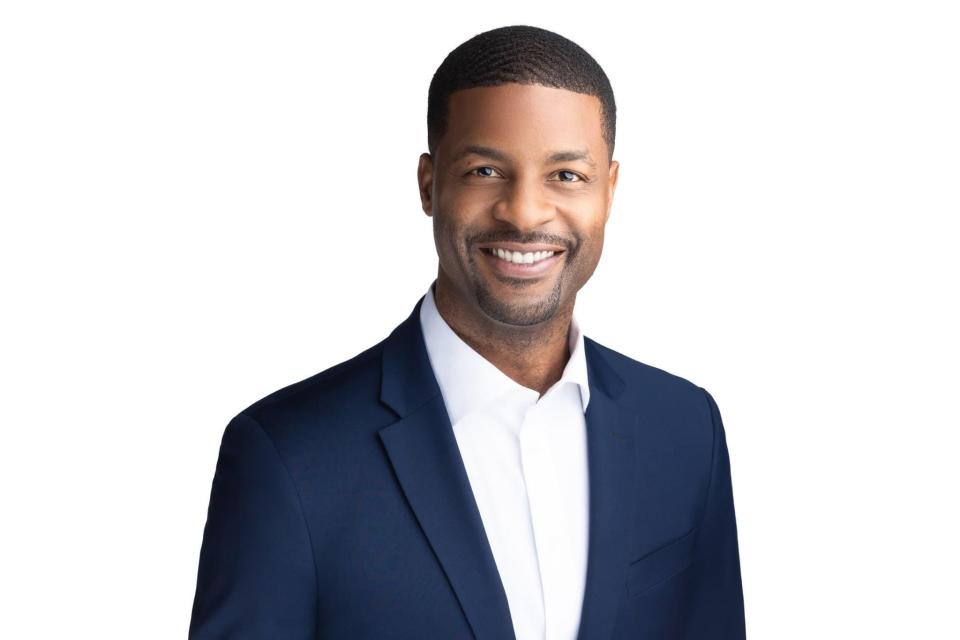
Emcees would soon rhyme over these break beats, and would be called “rappers." “Break Boys” (B-Boys) and “Break Girls” (B-Girls) would dance to those songs. Graffiti artists, fashion designers and film producers would later add to the fabric of this cultural movement. More than a musical genre, hip-hop would become a cultural bastion that has impacted American life at large as much as it did the African American communities that created it.
Artists right here from Detroit have made indelible contributions to hip-hop as much as their Motown predecessors did for pop music in the decades prior. From J Dilla, Eminem, and Big Sean to next-generation artists like Sada Baby, Kash Doll and Tee Grizzley, Detroiters have always been able to tap into the vein of transcendent musical art forms.
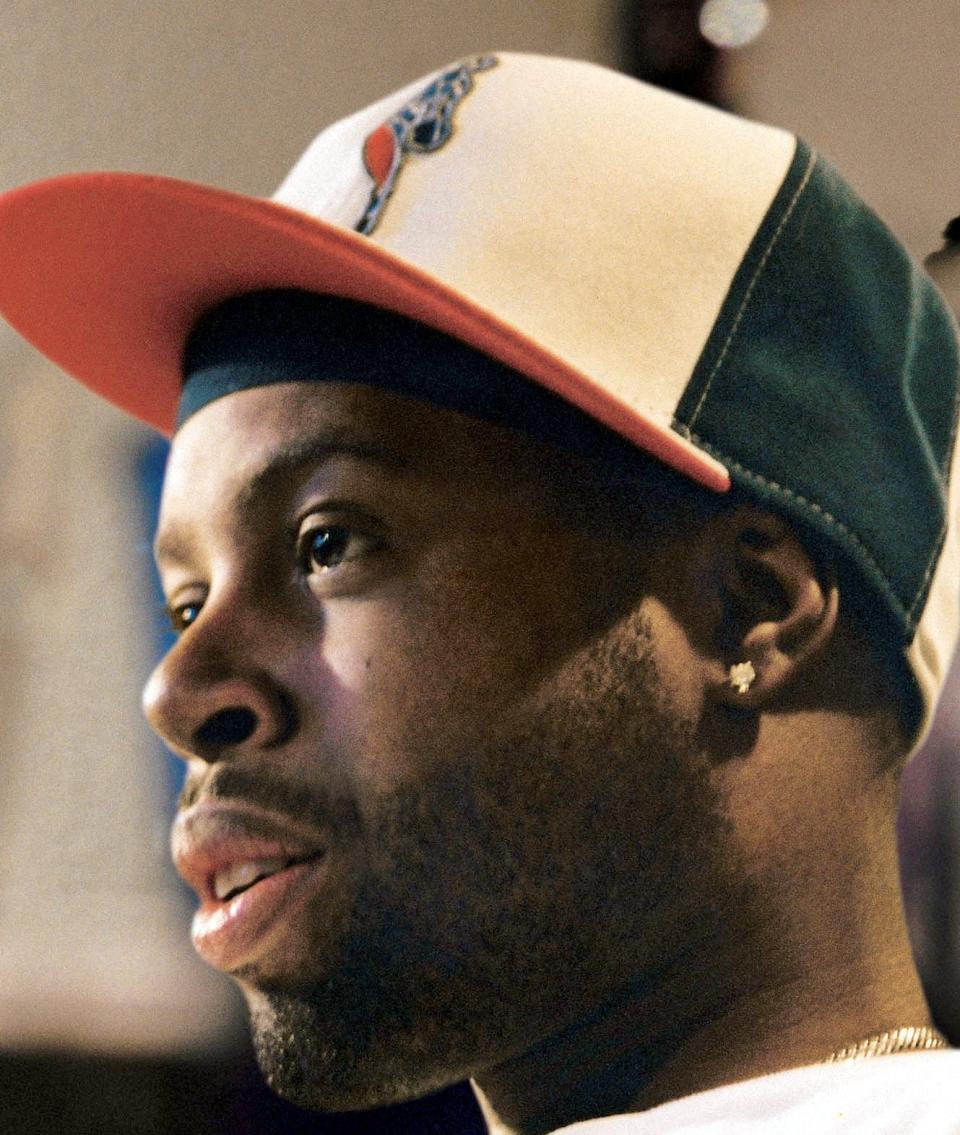
But the cultural impact of hip-hop in Detroit extends beyond those who created this music. The story of hip-hop in Detroit is about its political evolution, from cast-aside to the mainstream.
Sweet 16
The year was 1988. Near hip-hop's 16th birthday, its “gangsta rap” era began when a collection of young Black men from Los Angeles formed a group called N***** With Attitudes (NWA). O'Shea Jackson, the 19-year-old lyrical impresario better known as “Ice Cube,” penned a song in response to the police brutality he and other members of the group received that year. The song was not called “Black Lives Matter.” It was called “F*** Tha Police.”
However shocking the lyrics of any particular NWA song — which at times have included misogyny and violence against women — Ice Cube harnessed an American ideal: He innately understood an inalienable right granted to all Americans that resides in the First Amendment — freedom of expression.
But in the moment, and unsurprisingly, the song produced a national backlash that would eventually find its way to Detroit.
NWA went on tour the following summer, playing "F* Tha Police" and other songs from "Straight Outta Compton," the group's debut album.
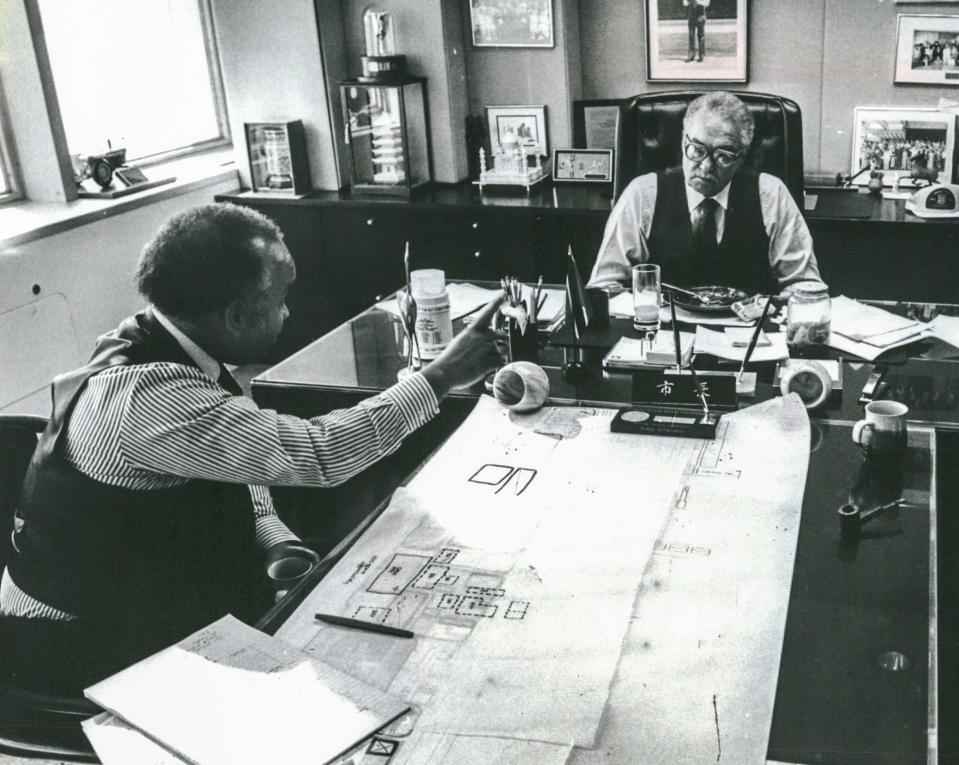
When the tour hit Detroit on Aug. 6, 1989, they were met with opposition from Mayor Coleman A. Young.
The night of the show, police presence around the Joe Louis Arena was ramped up, the Free Press reported. A DPD sergeant was told by Young’s gang squad leader, Benny Napoleon, to warn the group not to perform their most controversial song. According to Ice Cube, when the group disobeyed this warning and began to perform the song anyway, police standing backstage threw firecrackers, mimicking the sound of gunshots. Chaos ensued. NWA was whisked away, and would later be ticketed and fined.
But Young himself had risen to power on a platform of anti-police brutality. One of his first actions as mayor was to eliminate the violent DPD STRESS unit known for viciously beating and killing unarmed Black Detroiters.
NWA's stop in Detroit shows us how hip-hop exposed a generational divide within the Black community. Detroit’s first Black mayor, an icon to me and Black households across southeast Michigan, used his power to silence young Black artists exercising their First Amendment rights on the subject of police brutality — an issue that continues to be a flashpoint more than 30 years later.
But it wasn't just Mayor Young who had an aversion to hip-hop culture and the messages it carried. Local urban contemporary R&B radio station Mix 92.3 advertised itself as the “Home of the lost 45s, and absolutely NO RAP.”
As hip-hop neared its 16th birthday, we saw a new generation of artists rejected and castigated by their leaders and elders. But hip-hop (and what it represented) would soon rest at the seat of power.
Not yet 30
In the fall of 2001, Detroiters elected 31-year-old Kwame Kilpatrick mayor.
Kilpatrick was older than hip-hop, which had not yet reached its 30th birthday.
I remember my father telling me how impressed he was by this young man, running for mayor, who had just visited Lessenger Middle School, where my father taught. Several weeks later, as a college freshman in a crowded student center at Wayne State University, I bumped into then-candidate Kilpatrick. I mentioned what my father had told me, and as he recalled the visit in our short conversation, I can only compare the interaction to people who have spoken about meeting President Bill Clinton. That day, although hundreds of people were around, Kilpatrick made me feel like we were the only two people in the building — both members of a hip-hop generation.
Months later, after Kilpatrick was elected, Def Jam Records co-founder Russell Simmons elected to hold a “Hip-Hop Summit” in Detroit. Simmons wanted to raise youth awareness about the political process, and encourage the younger generation to participate. Kilpatrick, given his age and his charisma, was a great ambassador for this opportunity. The Hip-Hop Summit was a success, attracting thousands of young people to register to vote.
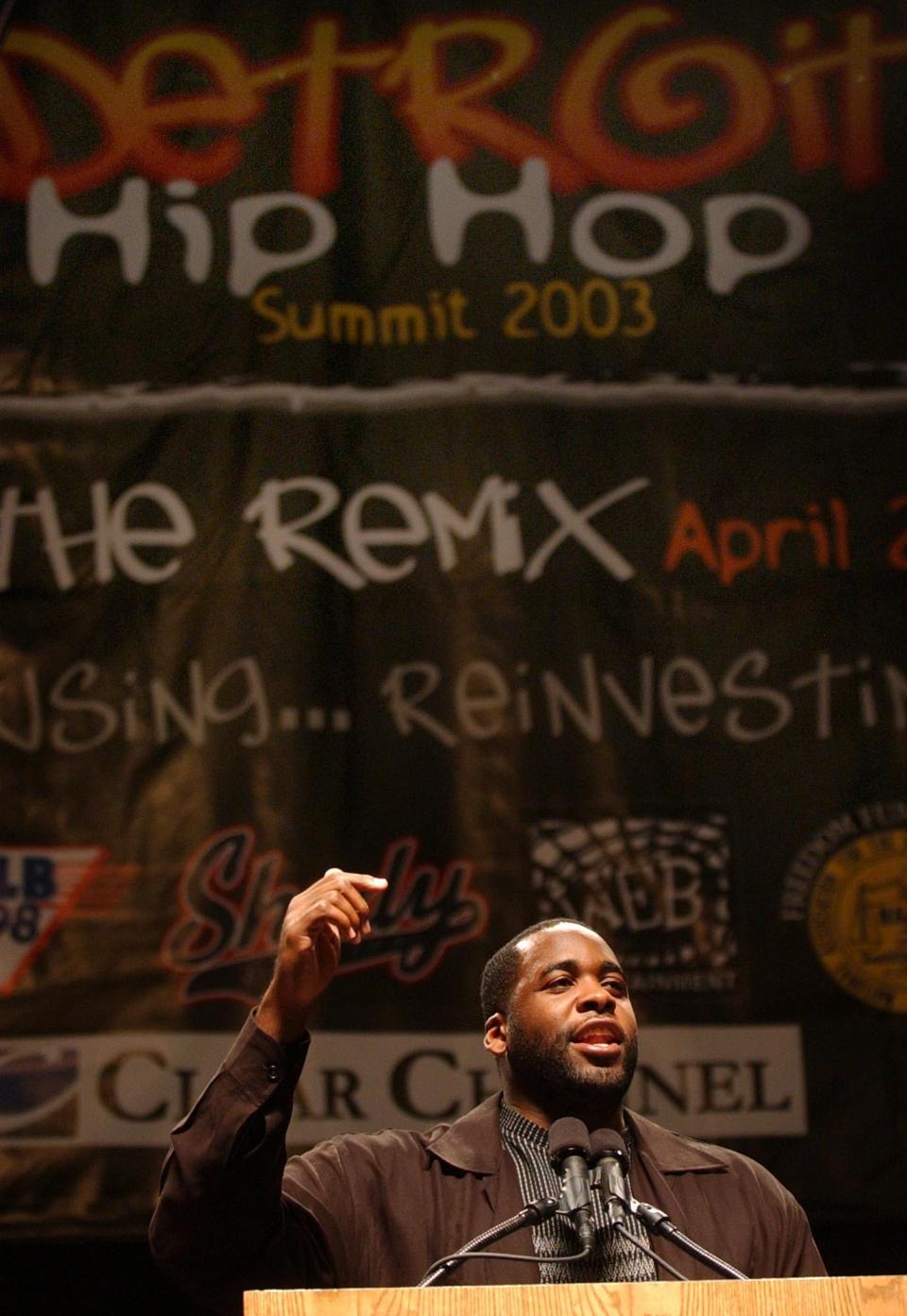
But at the event, Simmons made a proclamation that now lives in infamy, dubbing Kwame Kilpatrick America’s first “Hip-Hop Mayor.”
Kilpatrick, sporting his trademark diamond earring, had been anointed the first hip-hop mayor by the first hip-hop mogul.
Clearly, the “Hip-Hop Mayor” moniker did Kilpatrick no favors, and he did no favors to the moniker. His rise and fall have been extensively covered, and need not be re-examined here.
But in 2002, as Kilpatrick was branded the Hip-Hop Mayor, hip-hop was still on the fringe. The nickname – which Simmons intended as an acknowledgement of a generation and culture’s ascendancy, offered a shorthand that reinforced a certain preconceived animus about a mayor who was young, Black and sometimes immature.
Hip-hop was not yet 30, and was not ready for the mainstream. But things were changing.
Big Gretch
In 2018, Michiganders elected Gretchen Whitmer to serve as the state’s second female governor. Whitmer, a magnificent retail politician who can connect with anyone, lights up a room when she walks in. With massive crossover appeal, Whitmer won Macomb County by nearly 5 points, only two years after Donald Trump beat Hillary Clinton there by 10 points.
Soon after her first term began, Whitmer was faced with a global pandemic that quickly made Detroit one of the first COVID-19 hotspots in our country. She was decisive, taking action to contain the pandemic, even as others questioned what she did to keep people safe.
But Detroiters, who buried far too many loved ones, were grateful for her leadership.
Not long after receiving national attention for her public opposition to Donald Trump in her handling of COVID-19, Detroit parody rapper GMac Cash wrote a song about Whitmer, giving her a nickname: "Big Gretch." A GoFundMe campaign raised money to gift Whitmer a pair of Cartier buffalo-horn sunglasses, or "Buffs," which retail at $2,500 and are a staple of Detroit’s hip-hop culture.
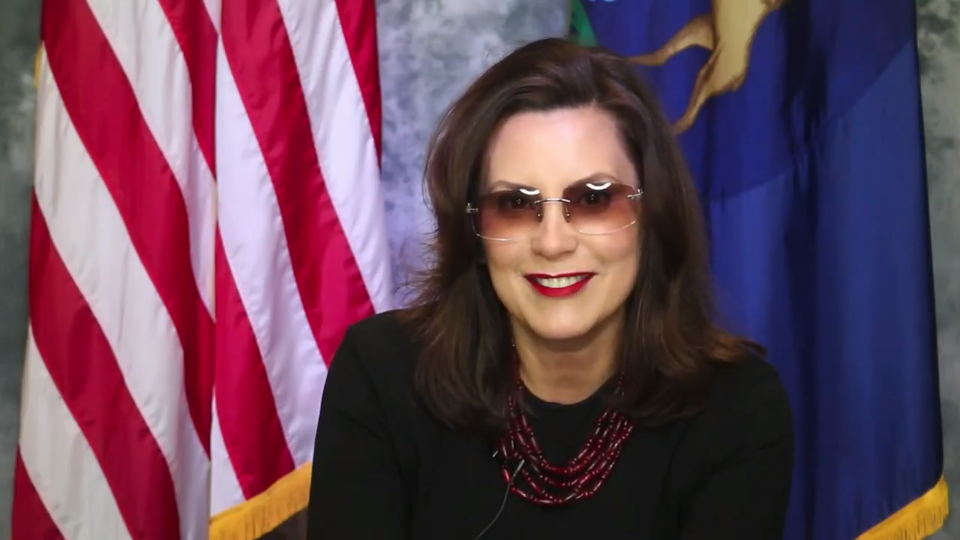
These gestures transcend hip-hop, speaking directly to Black culture itself. Earning a nickname is one of the highest praises someone can receive in the Black community. (In Whitmer’s case, the nickname could easily double as a rap stage name. See: “Big Sean.")
And Big Gretch embraced the cultural moment. While she redirected the funds intended for a pair of Buffs to a local community organization, she has never shied away from the Big Gretch moniker. In fact, her recent “Lil Gretch Barbie Campaign,” a play on the Big Gretch nickname, is proof that the most powerful political figure in Michigan openly accepts and embraces hip-hop culture, even as it transcends other messaging aims.
Hip-hop, at 50, has become a mainstay in political and social discourse, and I am struck how these political figures are representative of hip-hop's journey from counterculture to dominant culture.
Like the Black youth that created it, hip-hop has grown up, with the same growing pains all of us have gone through. But hip-hop, somehow, has now become palatable. So palatable that prominent white political leaders can embrace this culture without consequence.
With longevity, it seems, comes acceptance.
From the outright hostility from Detroit’s first Black mayor, to the full embrace from our sitting governor, it’s a living testament.
Something to witness, for all to see.
Michael Griffie is an educator, lawyer, and infrastructure executive who ran for Congress in Michigan’s 13th Congressional District in 2022.
This article originally appeared on Detroit Free Press: From backlash to Big Gretch: Detroit's hip-hop legacy | Opinion

